Date: 8 January 2015
The window’s stored energy can be used for other purposes, such as to light up low-powered electronics like a light emitting diode (LED).
Currently, the window solutions in the market are either using permanent tinting which cannot brighten at night or are windows that can change its light transmission properties only with an external power source.
The NTU smart window however can be turned into a cool blue tint in bright daylight, cutting light penetration by about half, and then reverts back to clear glass at night or as required.
This breakthrough research led by NTU Professor Sun Xiaowei, was published recently in Nature Communications, a prestigious peer-reviewed scientific journal.
How it works
The trick to making the self-powered smart window is a new technology developed by Prof Sun’s team from NTU’s School of Electrical and Electronic Engineering.
“Our new smart electrochromic window is bi-functional; it is also a transparent battery,” Prof Sun explained. “It charges up and turns blue when there is oxygen present in the electrolyte – in other words, it breathes.”
The NTU smart window contains liquid electrolyte placed in between two glass sheets coated with indium tin oxide (ITO), commonly used as transparent conductive coatings for television displays. One sheet is coated with an additional layer of a pigment known as Prussian Blue and the other one is attached to a thin strip of aluminium foil. The Prussian Blue gives the glass a blue tint when it is fully charged.
The two glass sheets are connected by typical electrical cables. When the electrical circuit between them is broken, a chemical reaction starts between Prussian Blue and the dissolved oxygen in the electrolyte, turning the glass blue. To turn off the blue tint, the electrical circuit is closed to discharge the battery, turning the Prussian Blue into a colourless Prussian White.
Such an innovative technology can adjust the amount of sunlight coming into buildings in the day, which promises significant savings on cooling and lighting costs.
“Our technology is very attractive as a zero-sum consumption smart window. Buildings owners and even common households can reap energy savings right from the outset and over the long term. Developers who are looking at constructing environmentally-friendly green buildings will find our technology attractive for their building plans,” said Prof Sun.
Prof Sun is an electrical engineering expert whose other innovations include various solar technologies, glass-free 3D technologies, next-generation lightings and displays.
The NTU team is now enhancing their invention and is looking forward to collaborating with industry partners to commercialise their technology.
***END***
Media contact:
Lester Kok
Senior Assistant Manager
Corporate Communications Office
Nanyang Technological University
Email: lesterkok@ntu.edu.sg
About Nanyang Technological University
A research-intensive public university, Nanyang Technological University (NTU) has 33,500 undergraduate and postgraduate students in the colleges of Engineering, Business, Science, Humanities, Arts, & Social Sciences, and its Interdisciplinary Graduate School. It has a new medical school, the Lee Kong Chian School of Medicine, set up jointly with Imperial College London.
NTU is also home to world-class autonomous institutes – the National Institute of Education, S Rajaratnam School of International Studies, Earth Observatory of Singapore, and Singapore Centre on Environmental Life Sciences Engineering – and various leading research centres such as the Nanyang Environment & Water Research Institute (NEWRI), Energy Research Institute @ NTU (ERI@N) and the Institute on Asian Consumer Insight (ACI).
A fast-growing university with an international outlook, NTU is putting its global stamp on Five Peaks of Excellence: Sustainable Earth, Future Healthcare, New Media, New Silk Road, and Innovation Asia.
Besides the main Yunnan Garden campus, NTU also has a satellite campus in Singapore’s science and tech hub, one-north, and a third campus in Novena, Singapore’s medical district.
For more information, visit www.ntu.edu.sg


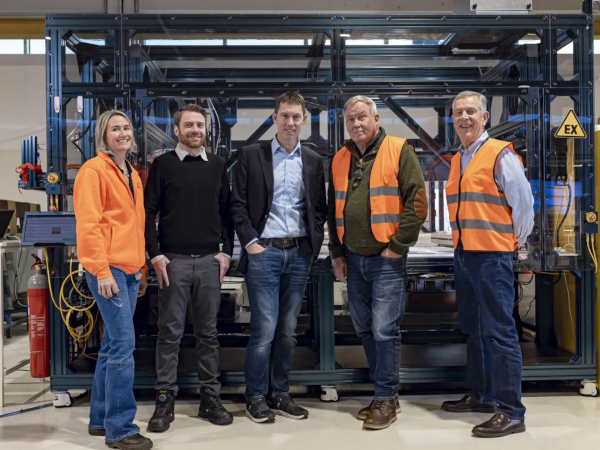
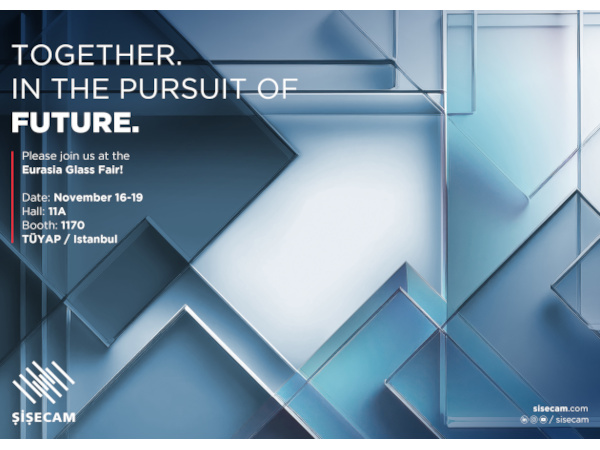
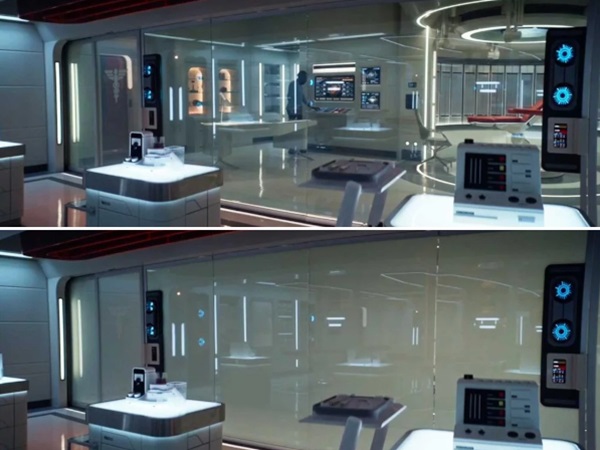

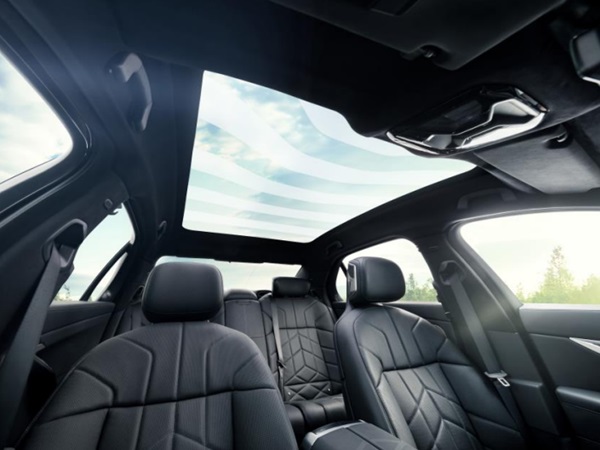

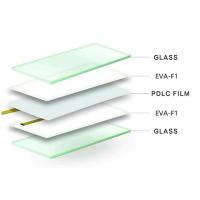


Add new comment